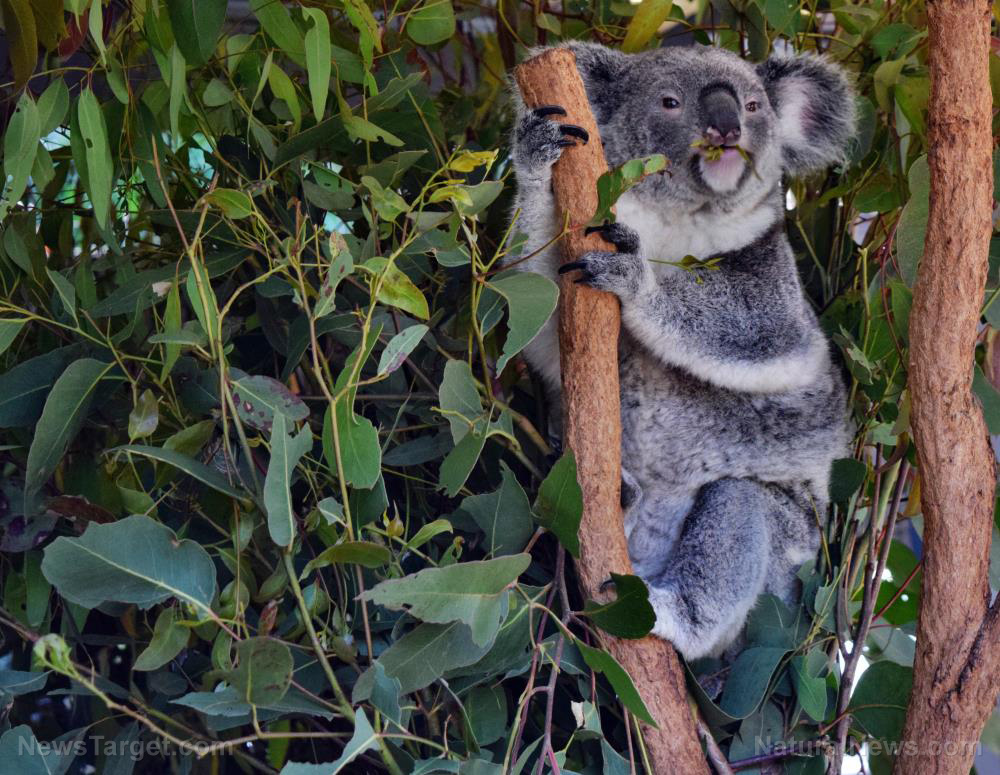
The term soil seed bank pertains to the natural storage of seeds in the environment. In particular, soil seed banks can occur in a variety of locations: It could be in the leaf litter, on the surface of the soil, or in the soil of many ecosystems. In essence, a soil seed bank plays a role in woodland and forest regeneration, and with the number of stresses that an ecosystem experiences – of which wildfire, drought, and disturbance are chief, a soil seed bank ensures the long-term survival of ecosystems.
There are two categories of soil seed banks:
- A transient seed bank is one where seeds are only viable for a short period of time. An example of a transient seed bank is one that has plants that can germinate for only one season.
- Persistent seed banks, on the other hand, are viable for a longer period of time. These can survive anywhere from one to five years. An example of a plant in a persistent seed bank is lamb's quarters (Chenopodium album), which can germinate for forty years or longer.
For this study, researchers focused on soil seed banks in Mediterranean wood pastures, which allow understory vegetation to adapt to various conditions. To do this, they looked at the effects of grazing exclusion on the transient and persistent seed banks in the region.
Grazing exclusion, or selecting areas that livestock will not graze, is a practice that's gaining popularity to recover heavily degraded grasslands. In a separate study published in Scientific Reports, the authors of the study noted that grazing exclusion "affects plant diversity, biomass production, and nutrients" in the soil. In particular, grazing exclusion can improve above-ground biomass and can favor the growth of certain plant groups. (Related: Ancient Seeds: The Key to Feeding the World.)
In particular, the team sampled 23 areas in a Mediterranean wood pasture used in silvopastoral systems – that is, a combination of trees and forage plants for livestock grazing – for the study. The wood pasture contained trees like the cork oak (Quercus suber L.), evergreen oak (Q. ilex L.), and downy oak (Q. pubescens Willd.). The team used canonical correspondence analysis to measure the topo-climactic, soil, and biodiversity factors on the soil seed bank in both grazed and ungrazed pastures.
The researchers determined that factors such as rainfall, grazing, and the available phosphorus content of the soil affected persistent seed banks. Phosphorous, in particular, is an essential element for plant growth as it stimulates early plant growth and maturity. In addition, the exposure to these elements increased the size of the soil seed bank in silvopastoral systems. Depending on the site, specific grazing schemes may improve the number of legumes in the seed bank, as well as improve the species richness and level of diversity in undergrowth vegetation.
Understanding the implication of these results, according to the authors, could aid conservation efforts in the silvopastoral area in the region.
Learn more about silvopastoral systems and other agricultural systems by following Harvest.news today.
Sources include:
Please contact us for more information.























